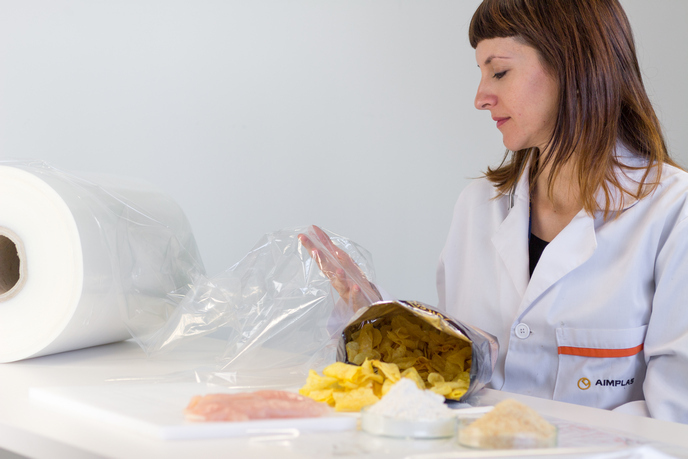Sealing the cork on European wine diversity
Given the huge impact of yeast in several key areas of wine production, project members microencapsulated autochthonous yeasts for participating wineries to manage the fermentation process. The goal was to realise uniform production of the highest quality wine, while maintaining the product's sensory properties and aroma profile. Four European wine regions participated (Rioja Alavesa, Pomerol, Vinho Verde and Chianti), as did 10 organisations from four European countries, including universities, research institutions and industry partners. Project research and activities were successful in realising the objectives set, with small and medium-sized enterprises from the wine regions involved obtaining their own autochthonous yeast strains. Each strain reflects the characteristics of a particular vine-growing region, helping to develop the best personality of these quality wines. Innovative technologies, such as microencapsulation for preparing selected autochthonous microorganisms, were incorporated into the wine-making process. INNOYEAST helped different European wine-making regions reach their common objective: to avoid the standardised use of yeasts from other New World countries. This ensures the production of high-quality wine and maintains each region's wine character. Overall, the project was largely successful in effecting change and spurring collaboration, a noteworthy achievement in a sector as traditional as that of wine-making. Results also underline the positive impact of cooperation with a common goal: the global competitive development of European wine. The developments and successes of the INNOYEAST project will go a long way towards strengthening the reputation of the continent's wine image. European wineries now have the means of elaborating a more competitive, quality wine with excellent results and a new focus on current consumer tastes.







